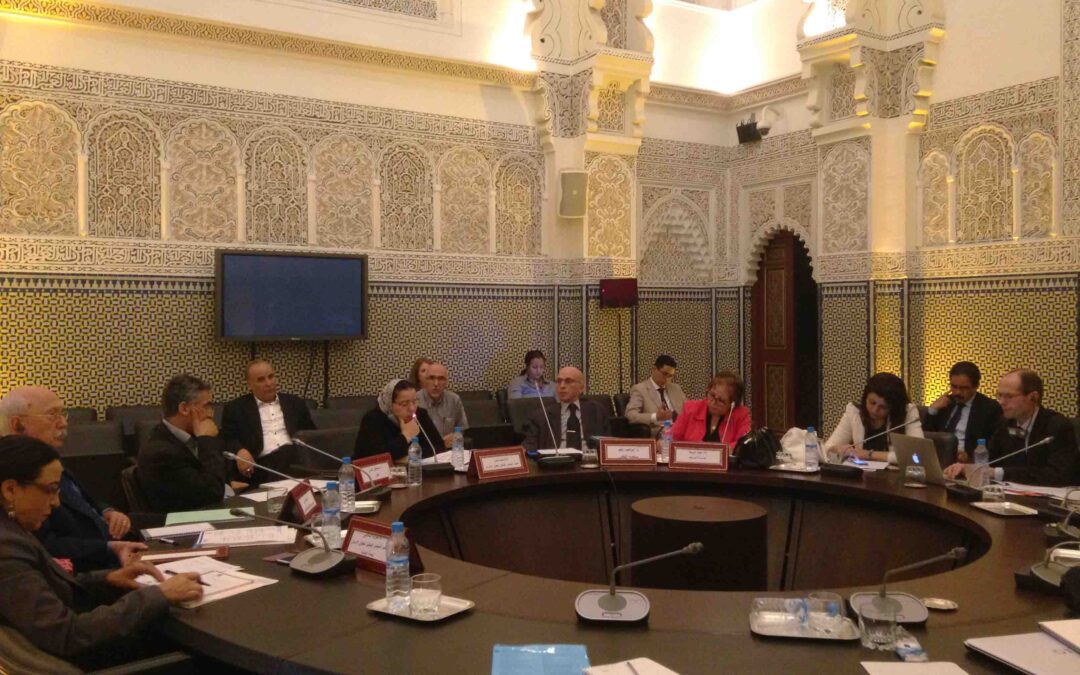
Jun 23, 2014 | News
An ICJ delegation including ICJ Commissioners Justice Philippe Texier and Professor Olivier De Schutter concluded a one-week mission in Morocco to discuss access to justice for social rights in the country.
During its stay, the ICJ delegation met with various public authorities and civil society actors.
Among these meetings, the ICJ organized a round table discussion together with the Conseil National des Droits de l’Homme, and a discussion with civil society together with the Organisation Marocaine des Droits Humains and the Friedrich Ebert Foundation.
All the meetings allowed to discuss the normative advances as well as the remaining difficulties in the implementation of Morocco’s international obligations in the area of economic, social and cultural rights, including the obligation to guarantee effective mechanisms for the remedy and reparation of violations of these rights when they occur.
In this latter field, weaknesses have been identified in law and practice, with important efforts still to be realized in strengthening an institutional framework that is able to inquire, sanction and redress violations of ESCR.
During the discussions and consultations, the ICJ paid particular attention to the situation of marginalized and disadvantaged individuals and groups, including those who work in, and live around, free trade zones and areas for export-oriented agricultural production.
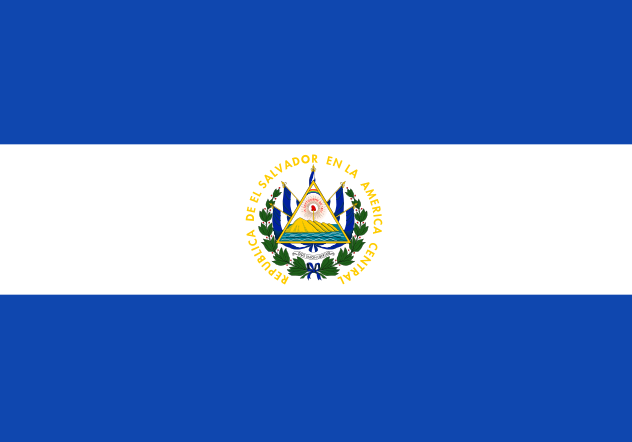
May 19, 2014 | Advocacy, News, Non-legal submissions
The UN Committee on Economic, Social and Cultural Rights has just finalized its review of El Salvador, one of the State parties under examination during the 52nd session of the Committee held between the 28 April and 23 May 2014.
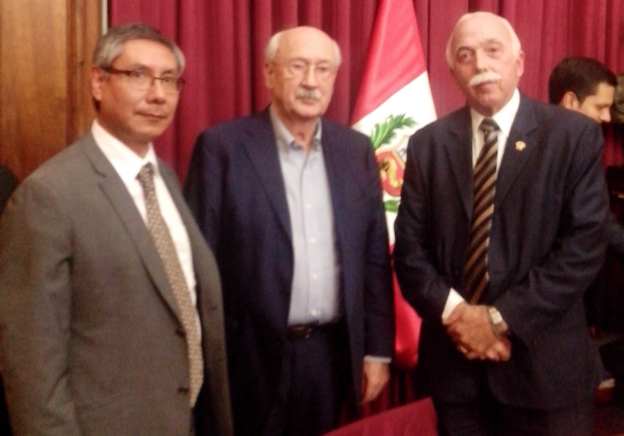
May 13, 2014 | News
An ICJ Mission to assess the respect of social rights in the Peruvian agro-export industry concluded a field visit to the country with bleak preliminary conclusions.
The Mission of observers, which included Philippe Texier and lawyers Alberto L. Gomez Z. and Carlos Lopez, focused their assessment in the Valley of Ica, south of Lima. On Wednesday 7 May, the Mission shared their visit conclusions with the Sub-committee on Labour and Social Security of the Peruvian Parliament.
Philippe Texier, former judge at the Court of Cassation of France and former chair of the UN Committee on Economic, Social and Cultural Rights, told the Parliamentary Sub-committee that conditions of work in the agroexport industry are precarious, allow cases of child labour and fall generally short of international standards accepted by Peru through international conventions.
The final report of the Mission panel will be released at a later stage after additional research and consultation is carried out.
While in Peru, the panel held meetings in Lima and in Ica with a wide range of trade unions, labour and health authorities, local NGOs, experts, individual workers and even working children.
The experts also paid visits to the field to see workers and children, were interviewed by IDL Radio and made a presentation of preliminary conclusions to the Parliamentary Sub-Committee on Labour and Social Security.
The agro-export industry in Peru mainly produces asparagus, mangoes, avocado pears, paprika and grapes, most of which is exported to Europe and North America.
It has experienced exponential growth during the last decade, where important national and international investments were made in this industry.However, economic growth has not been matched with improvements in social conditions of workers and the local population.
Contact:
Carlos Lopez, Director, Business and Human Rights, carlos.lopez(a)icj.org +41 22 979 3816
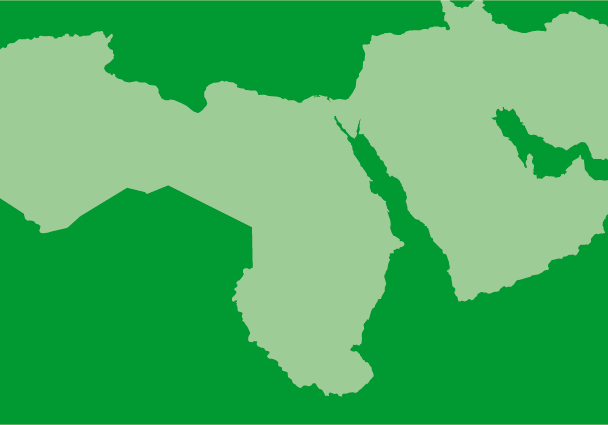
Apr 8, 2014 | News
The ICJ today welcomed steps taken by the Palestinian authorities to accede to core international human rights and humanitarian law conventions.
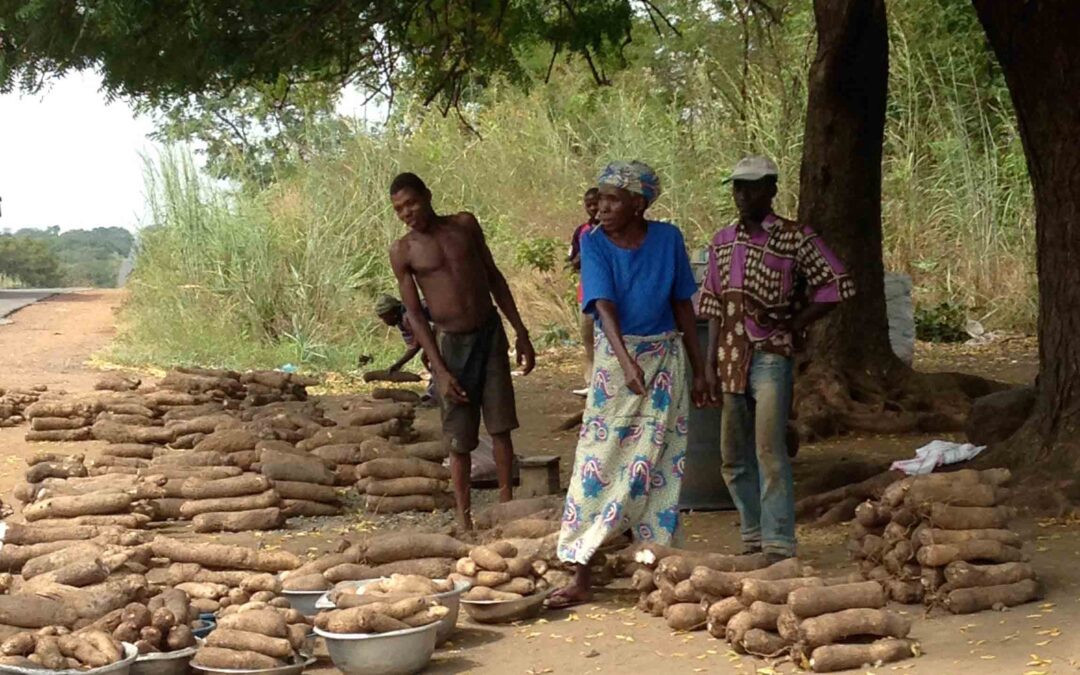
Oct 27, 2013 | News
The international NGO coalition for the OP to the ICESCR supports national initiatives to promote ratification in Africa.
The International Coalition for the Optional Protocol to the International Covenant on Economic, Social and Cultural Rights ended today a one-week support mission to promote the ratification of the Protocol in West Africa.
Although the group of African States played a fundamental role in the elaboration of the Protocol, none of them have yet ratified this instrument that will give the possibility to victims of violations of ESCR to have their case examined by the UN Committee in charge.
On 21 and 22 October in Cotonou, Benin, two members of the International Coalition, Amnesty International and the International Commission of Jurists, supported national actors, including the Coalition béninoise pour les DESC, Amnesty International-Benin, the Chaire UNESCO-Benin, in the organization of a high-level roundtable discussion to welcome the signature by the State of Benin of the Optional Protocol to the ICESCR on 24 September 2013 and to encourage the State to move quickly towards the ratification of the instrument.
The initiative benefitted from the participation of two Ministers, the Minister of Justice and Human Rights and the Minister in charge of the relations with the institutions, as well as from the support of additional partners including the Office of the High Commissioner for Human Rights.
From 24 to 26 October, and with the support of the International Coalition, a group of national civil society organized in Sokodé (about 400 km from Togo’s capital Lome) a national gathering to discuss the international standards on ESCR, the promotion and protection mechanisms for these rights, including the procedures under the Protocol.
Fifty-two participants from more than 30 civil society organizations from all parts of the country took part in this event.
Following the discussions, the organizers – the Plateforme DESC-Togo, GRADSE, RAPDA-Togo, FETAPH, WILDAF-Togo, FLORAISON et AMNESTY INTERNATIONAL-Togo, in collaboration with the International Commission of Jurists, the OHCHR, Amnesty International and Terre des Hommes France – established an action plan for the promotion and protection of ESCR in the country, including the monitoring of key recommendations of the CESCR and the ratification of the Optional Protocol.








